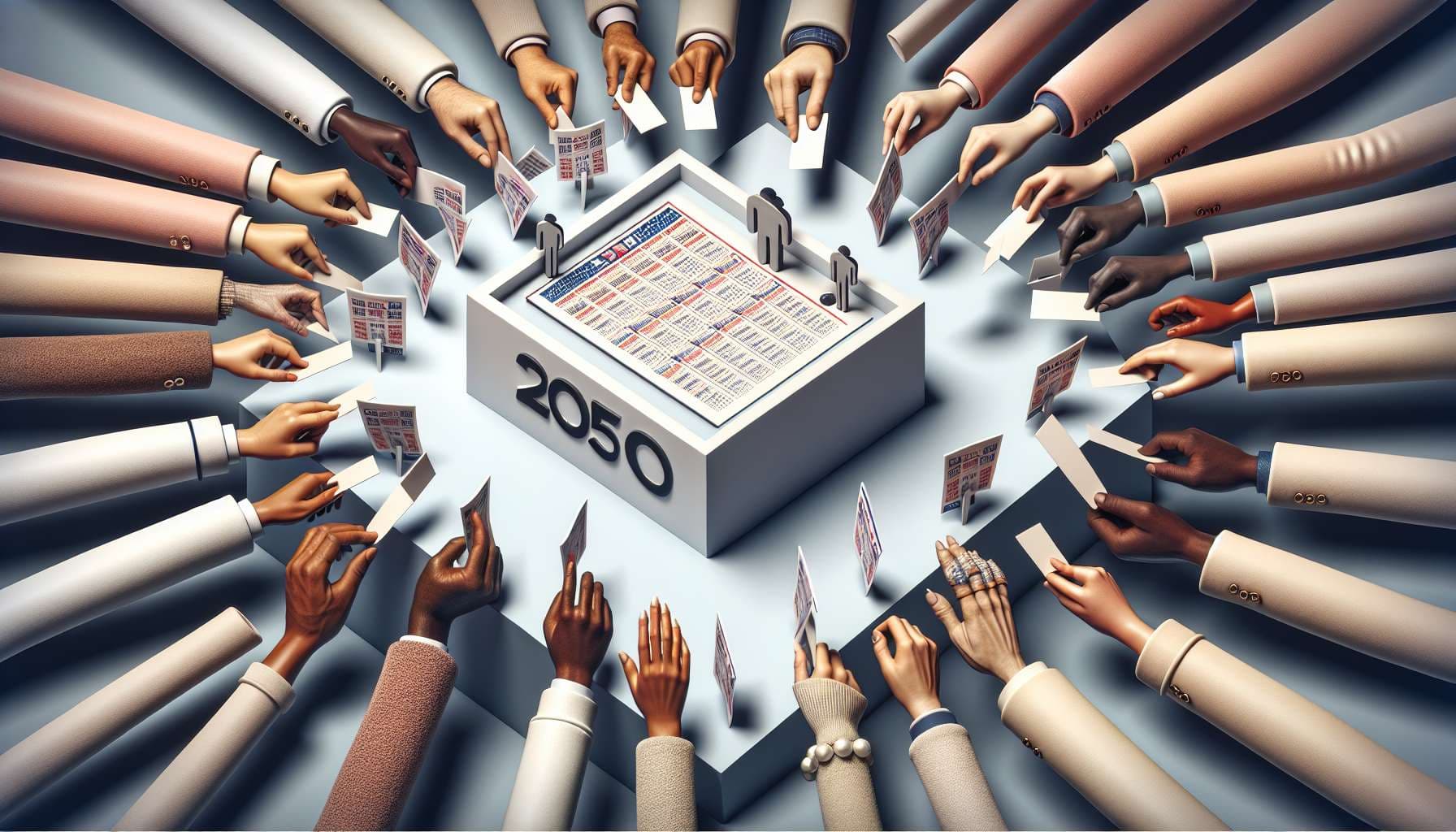
"One person, one vote" is a desirable property of voting systems. It entails that, for single-winner elections (like President, in the case of the US), the candidate with the most votes wins, and for multi-winner ones like Congress the party with the most votes gets the most seats.
Neither of these things are currently true for the US, with voters having wildly unequal voting power, with the consequence that these conditions often fail to be met for specific elections like the Presidency in 2016.
As long as it remains possible for the winner of the election to lose and the loser to win, this question will by default resolve to NO; changes enacting one person, one vote need to be the law of the land for this to resolve YES.
This market applies to nationwide elections in the USA; if the country ceases to exist without a clear successor, this resolves N/A. Either the Most Powerful House of the legislature or the Least Powerful one being elected by one-person-one-vote is enough to resolve YES.
Winners are not required to have a majority, only a plurality; I reserve the right to resolve as N/A if a method is adopted that forces an apparent majority even when no candidate is really supported by a majority of the people, like the method currently in use in Maine and Alaska (IRV).
People are also trading
@nyc the National Popular Vote Interstate Compact is not strictly speaking a direct popular vote for the executive but it would still count. And yes, the legislature needs to be PR, at least some form of mixed member system like in Germany or New Zealand.
@GraceKind the NPVIC would solve the Presidential election, but you'd need a proportional representation voting method for Congress to be one person, one vote. As long as there are single-winner districts, you could have a party win the most votes but not the most seats.
This is an Anglosphere-wide problem; in the last Canadian election, Justin Trudeau lost but won, and the Conservatives won but lost.
Edit: a constitutional amendment or new constitution could also solve the presidency issue, I forgot to mention. Doesn't need to be the NPVIC per se.
'Desirable' seems to be stated without support.
Given the vast majority of states would be effectively disenfranchised by such a move, I'm unconvinced you're going to get anywhere close to two thirds of them to agree.
I guess there might be a civil war in the next 27 years...
@PaulBenjaminPhotographer I hold these truths to be self-evident, that all people are created equal, that they are endowed with equal rights, that among these is the right to an equal-valued vote.
In my experience, there is a curious feature of the American psyche that frequently leads y'all to react to any criticism of how your elections work by explaining how your elections work.
I know fully well how they do, so please, for the love of Benjamin Franklin, do spare me and yourselves and everyone else from Amerisplaining things to me.